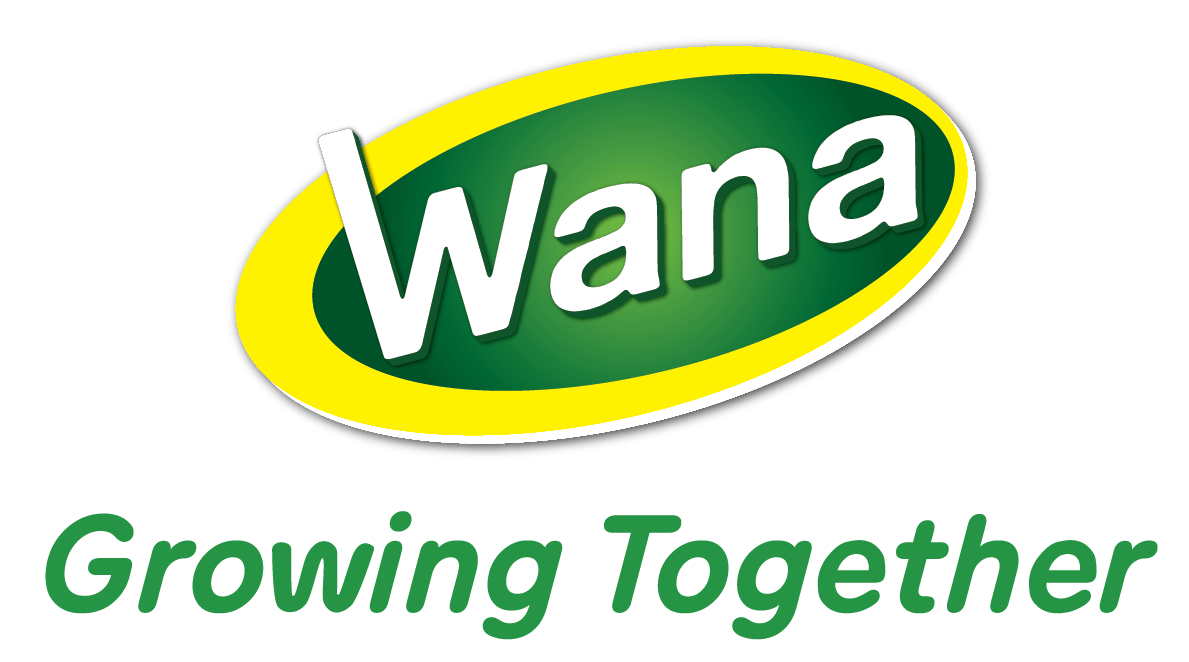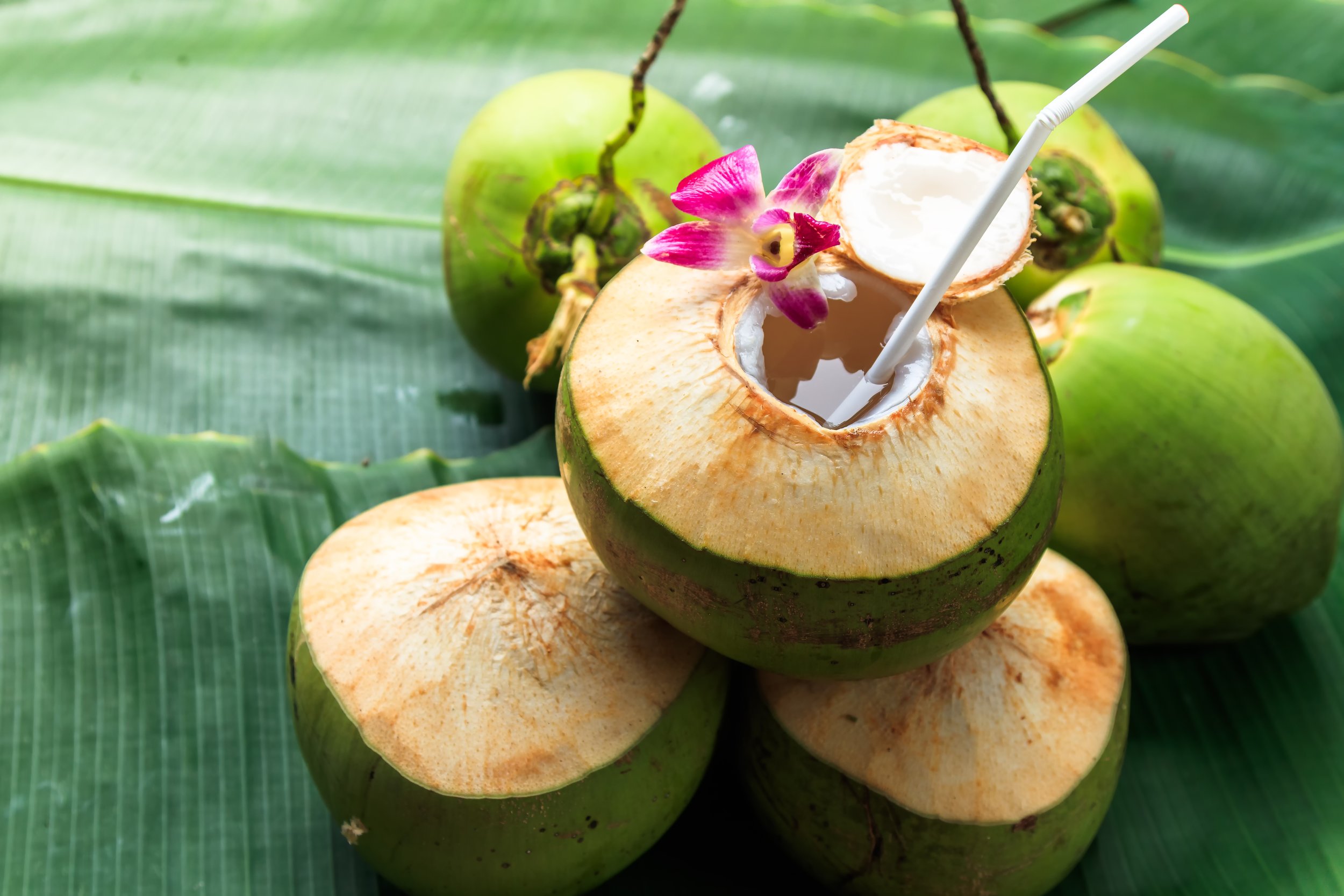Are you considering entering the thriving coconut water industry as a supplier? The demand for this refreshing and health-conscious beverage is on the rise, presenting a lucrative opportunity for entrepreneurs. In this post, we’ll guide you through the key steps you need to take to become a successful coconut water supplier.
Read more: Juice Manufacturing Company Follows Beverage Trends For 2024
Understanding the Global Market Demand and Competition
The packaged coconut water business on an international scale is an emerging market with significant growth potential. In recent years, it has gained popularity among health-conscious consumers seeking a refreshing, nutrient-packed beverage.
The global packaged coconut water market is fueled by the increasing demand for healthy beverages, growing health awareness, and the surge in popularity of organic and natural products.
The market on a global scale is competitive, featuring various players, including large multinational corporations, as well as local and regional brands. Intense competition revolves around product quality, pricing strategies, and marketing efforts. To stand out, companies have introduced innovative packaging, flavors, and varieties.
To thrive in the global market, companies must concentrate on developing and promoting high-quality products, ensuring competitive pricing, and making strategic investments in marketing and promotions. Product differentiation is crucial, and companies are encouraged to innovate in packaging, flavors, and varieties to distinguish themselves from competitors.
Capitalizing on the rising demand for organic and natural products is essential, prompting companies to introduce organic packaged coconut water. Furthermore, building robust relationships with retailers and distributors is critical to ensure the widespread availability of their products on a global scale.
Sourcing and Choosing High-Quality Coconuts
Explore Coconut Farms
Exploring coconut farms stands as the optimal approach to identify top-tier coconuts. This allows for a firsthand evaluation of coconut quality, facilitating an informed selection process.
Seek Recommendations
Consult with local farmers, retailers, and wholesalers to gather recommendations on the finest coconuts available. Their insights can offer valuable information on the quality and diverse varieties of coconuts accessible in the market.
Verify Certifications
Validate certifications such as the Good Agricultural Practices (GAP) certification to ensure the sourced coconuts meet the highest quality standards.
Conduct Online Research
Utilize online resources to identify suppliers offering superior coconuts. Reviews and feedback from other customers can guide you in making informed decisions about your coconut sourcing.
Assess Freshness
Prioritize freshness during the coconut selection process. Coconuts stored for extended periods may compromise their freshness and nutritional content, emphasizing the need for careful inspection.
Processing and Packaging Considerations
Packaging
Design the product’s packaging to guarantee both safety and quality. It should be hermetically sealed and leak-resistant, utilizing food-grade materials. Additionally, the packaging must withstand extreme temperatures and varying environmental conditions.
Labeling
Ensure the product is appropriately labeled with essential information such as ingredients, nutrition facts, and manufacturing/expiry dates, as mandated by the FSSAI (Food Safety and Standards Authority of India).
Transport
Utilize temperature-controlled vehicles during transportation to safeguard the product, ensuring it maintains its safety and optimal condition until it reaches the end customer.
Storage
Store the product in a cool and dry environment, sheltered from direct sunlight, to preserve its quality and flavor over time.
Quality Control
Implement rigorous quality control measures to guarantee product safety and hygiene for consumption. This involves regular testing for microbial contamination and other pertinent physical and chemical parameters.
Distribution
Establish a distribution network comprising dependable retailers and distributors to guarantee the product’s delivery to customers in impeccable condition.
Scaling and Expanding Your Coconut Water Business
Innovate New Flavors and Varieties of Coconut Water
Diversifying the range of flavors and varieties of coconut water can broaden your business appeal, reaching a more extensive customer base. This might involve introducing a spectrum of coconut-infused water flavors, such as pineapple, mango, and other exotic fruit blends.
Expand Production Capacity
To meet the escalating demand for coconut water in India, consider augmenting your production capacity. This entails investing in additional production equipment, machinery, and providing training and development for your staff.
Establish a Robust Online Presence
Strengthening your online presence is crucial for extending your business outreach. This includes developing a website, creating a social media footprint, and engaging in digital marketing initiatives.
Explore Novel Distribution Channels
Expanding your business into new regions can be achieved by exploring alternative distribution channels. Explore partnerships with local grocery stores, convenience stores, and various retailers to broaden your distribution network.
Read more: Leading Coconut Water Supplier At CIIE 2023
Commit to Research and Development
Allocation of resources to research and development is pivotal for identifying fresh avenues of growth and innovation. This could involve exploring novel packaging materials, formulating new recipes, or creating innovative products to stay ahead in the market.
Embarking on a journey to become a coconut water supplier requires careful planning and execution. By following these essential steps, you can position your business for success and tap into the growing demand for this popular and healthy beverage. Cheers to your venture in the world of coconut water!
Take a look our Coconut Water via this LINK.






